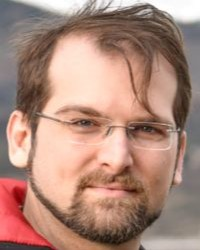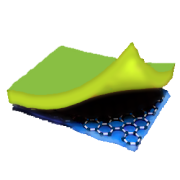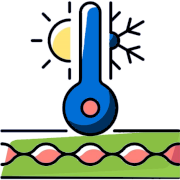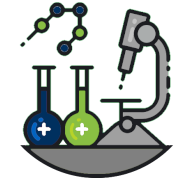Isopi Jacopo
Padua headquarter
Email
jacopo.isopi@cnr.it
Phone
+39 049 829 5808
BIOGRAPHY
His academic background includes a Bachelor’s degree in Chemistry and Materials Chemistry (2012) from the Department of Chemistry G. Ciamician at the University of Bologna, which solidified his foundation in general, organic, and materials chemistry. Subsequently, he obtained a Master’s degree in Photochemistry and Molecular Materials from the same department (2015), with a thesis on the electrocatalysis of oxygen reduction using graphene systems. His academic journey culminates at the Department of Chemistry G. Ciamician with a Ph.D., and a thesis entitled “Nanostructured systems for electrocatalysis of reduction reactions for energy conversion applications”. During his Ph.D., he specialized in physical chemistry, electrochemistry, and characterization of nanostructured materials. Additionally, he gained experience collaborating with the University of Bath in the United Kingdom, studying the effects of polymers of intrinsic microporosity on gas bubble formation at the electrocatalytic interface for electrolysis.
With a solid academic background and practical experience in scientific research, he is committed to contributing to advancements in the field of energy and advanced materials.
With several years of experience in scientific research in the field of renewable energy storage and conversion systems, Dr. Isopi is active at the National Research Council (CNR) – Institute of Condensed Matter Chemistry and Technologies for Energy in Padua. Initially as a research fellow and currently as a third-level technologist, he has been dedicated to the synthesis and characterization of electrode materials for ceramic electrolyzers. His acquired skills range from material synthesis using sol-gel methods, galvanic deposition, and solid-state reactions to the use of specialized instrumentation such as planetary mills, microwave furnaces for chemical synthesis, Atomic Force Microscopy (AFM) equipment, potentiostats for electrochemical analysis, Scanning Electrochemical Microscopy (SECM), and high-temperature furnaces. He has developed extensive experience in synthesizing mixed oxides with multiple conduction types, as well as in the chemical, physical, and functional characterization of such materials.











